Description
ABSTRACT
Imposition of Fines by Taxing Authorities in Nigeria: An Overview
Olagoke Odubunmi*
The power to impose punishment for violation of laws cannot be lightly regarded. It is an element of deterrence very key to securing obedience of the citizenry to laws enacted by the State. One of the optional punishment at the disposal of the State and often used by taxing authorities in Nigeria to compel obedience and compliance to tax laws, is the imposition of fines on violators of tax laws. While there are diverse provisions in respective tax laws in Nigeria regarding consequences for violations of the provisions in the taxing statutes, the taxing authorities are empowered to impose administrative fines in respect of certain violations not elevated to the status of ‘an offence’. In respect of certain other violations classified as ‘offences’, to which penalties are attached, the powers to impose the punishment for such offences reside only in a court of competent jurisdiction, and can only be imposed after a proper trial leading to the conviction of the tax offender. It makes no difference that the punishment for the tax offence as stipulated in the relevant tax statute, is the imposition of fine. This article seeks to evaluate the dichotomy between ‘administrative fines’, which can unilaterally be imposed by the taxing authorities, and ‘criminal fines’ which can only be imposed by a court of competent jurisdiction vis-à-vis the limitations of the powers of taxing authorities to impose fines without recourse to the courts, and the legal implications of imposing fines without jurisdiction. Judicial decisions on the powers of government agencies to impose fine without jurisdiction will also be highlighted in the course of evaluating the subject.
Keyword: Administrative fines, Criminal fines, tax offence, tax statute, taxing authorities.
INTRODUCTION
Fines amongst other sanctions are officially imposed punishments aimed at enforcement of legal obligations.1 They are said to constitute the core, if not the defining characteristic of the legal order. In this regard therefore, inadequate sanctions have been blamed for failures of legal control in such divergent areas as international law, domestic crime and civil rights.2 Thus, sanctions are important in the legal process, and could, in addition to the array of weapons at the disposal of the tax authorities, be adequately deployed to secure tax compliance.
*LLB, LLM (LASU), BL, ACTI. Manager, Tax Services, Maples & Temples, Lagos Nigeria.
- 32 (4) Journal of the India Law Institute (The Indian Law Institute) 478-497.
- RD Schwartz & S Orleans ‘On Legal Sanctions’ 34 University of Chicago Law Review 274.

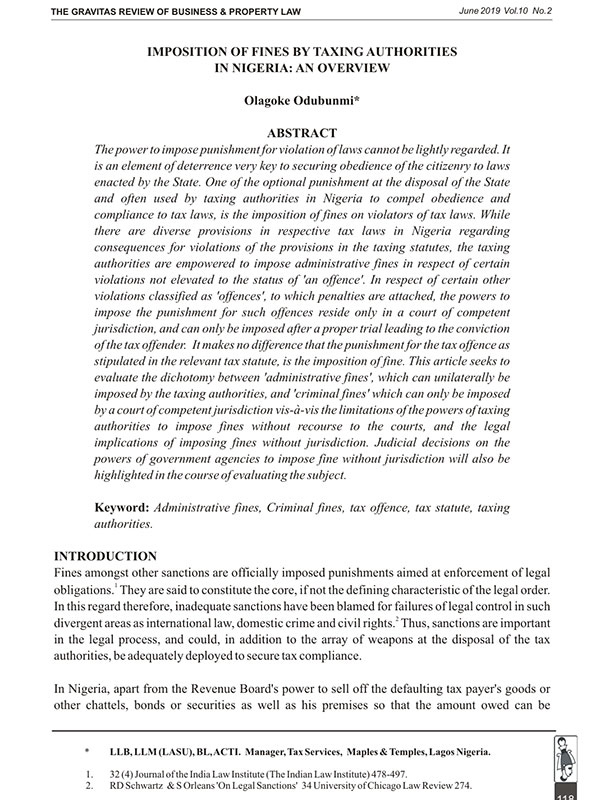
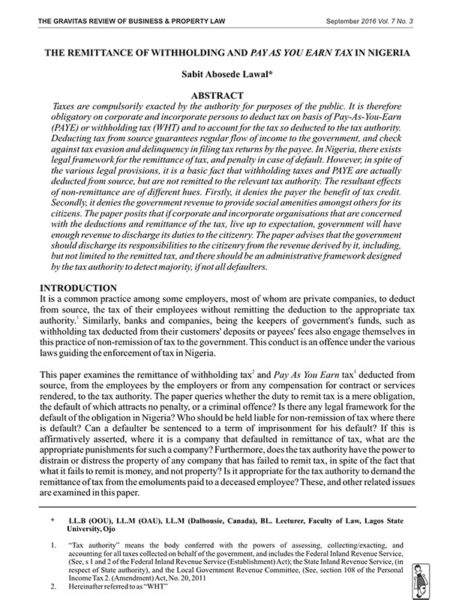
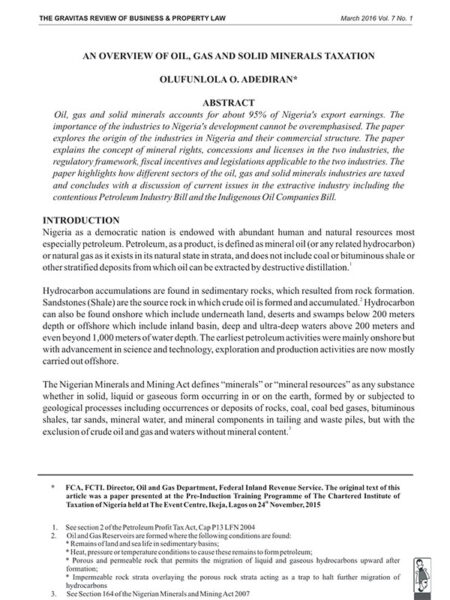
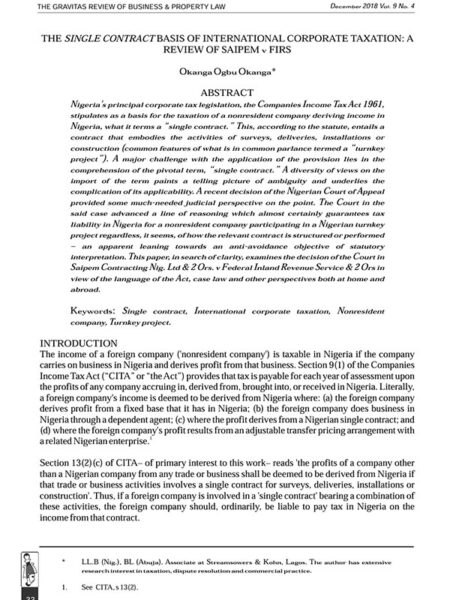
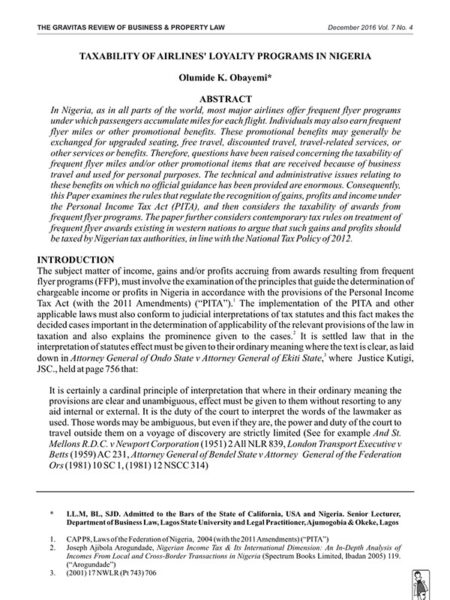


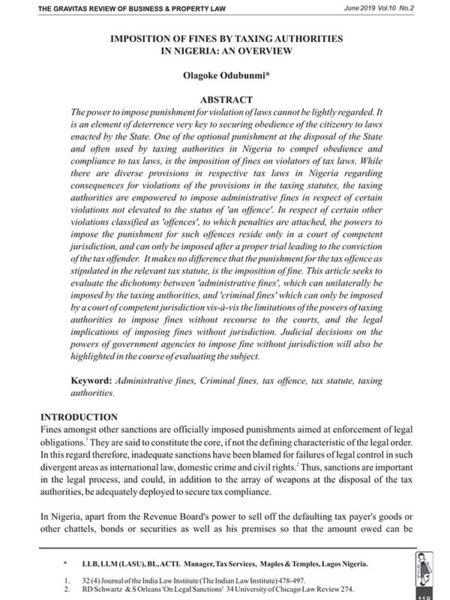
Reviews
There are no reviews yet.